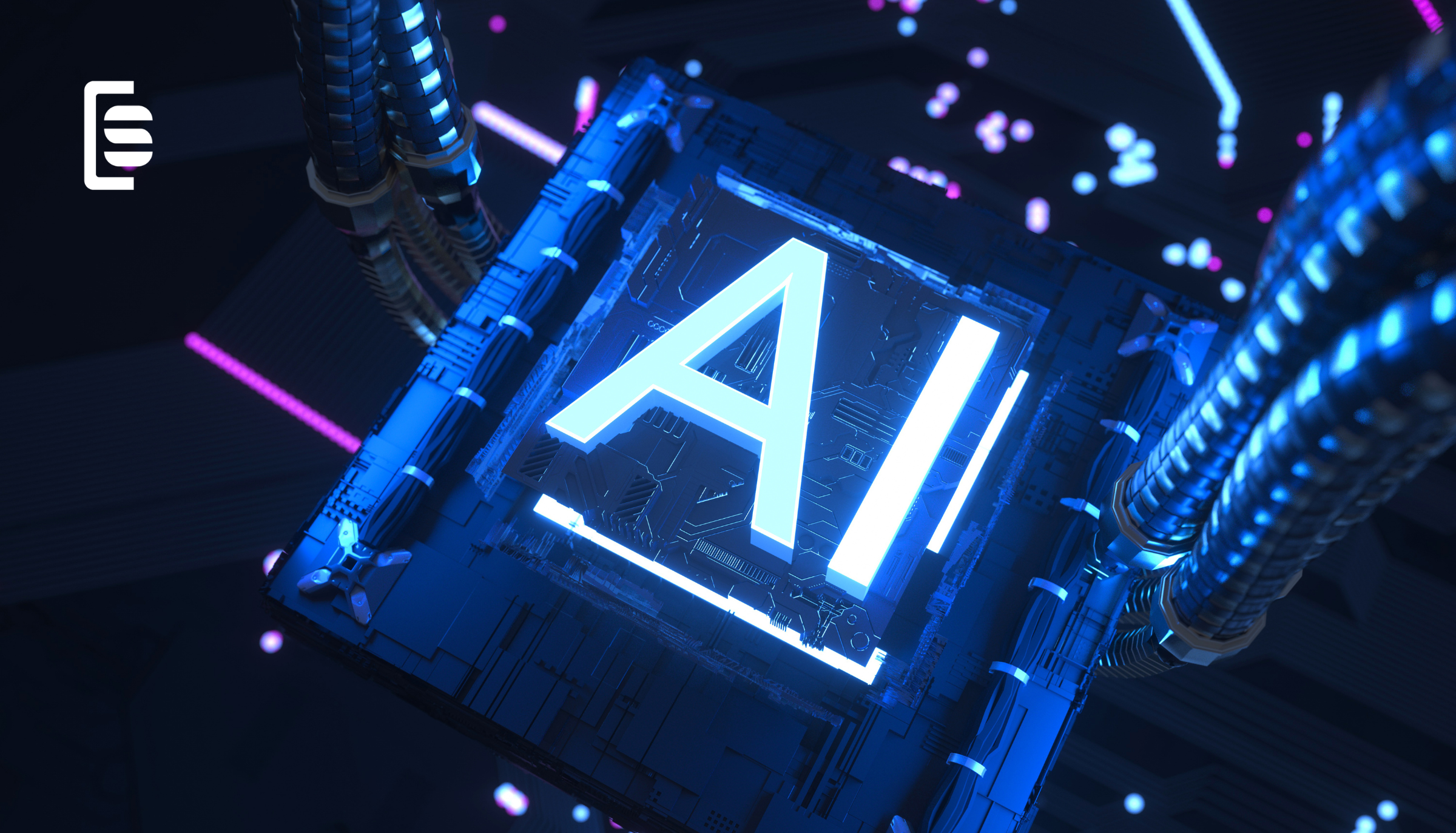In an era where artificial intelligence continues to reshape numerous industries, a significant legal confrontation is underway between creators and AI companies.
At the heart of this battle lies a pivotal question: Can AI companies legally employ millions of books, articles, and creative works without seeking permission or providing payment? The ramifications of this debate are vast, and many in the creative sectors are understandably upset.
⚠️ Please note: This article is for informational purposes only and does not constitute legal advice. The author is not a lawyer. For specific legal matters, please consult a qualified legal professional.
Understanding Transformative Use
The crux of the conflict revolves around the legal concept known as transformative use. This principle, a component of the fair use doctrine, allows for the limited use of copyrighted material without permission—provided the material is repurposed into something with a new objective.
A precedent was set when Google scanned millions of books to develop a searchable database. Courts ultimately ruled in favor of Google, defining their initiative as a legal transformative use, since they created a novel search tool that didn't allow full book downloads and actually enhanced the discoverability of original works, benefiting authors and publishers in the process.
However, when it comes to AI, the situation differs. AI companies are making parallel transformations, arguing that their use constitutes transformative use by teaching AI systems language patterns rather than publishing works.
The result is ostensibly new content that AI generates, formed from the collective patterns learned rather than directly reproducing original texts. Nevertheless, this raises questions about whether this new content truly constitutes something entirely new.
Creators' Plight: Protecting Originality
Authors, publishers, and organizations like The New York Times aren't convinced by the AI companies' defense. They argue that AI systems are engineered to replicate their writing styles, creative expressions, and voices.
Unlike Google Books, which assists users in discovering their work, AI-generated content competes directly against creators in commercial markets. This competition provokes existential concerns: why would consumers purchase a book or subscribe to a newspaper when AI can produce similar material, often at a lower cost?
Thus, this controversy transcends a mere technical debate. It impacts the livelihoods of countless authors and journalists. If AI continues to proliferate without compensating original creators, it jeopardizes their ability to sustain a living.
For publishers, concerns mount about retaining the value of professional content amidst a deluge of AI-generated material. Should AI companies be required to license every reference work used in training, would the associated costs stymie AI development?
Balancing Innovation with Creative Rights
This unfolding legal strife compels us to grapple with fundamental inquiries: How do we uphold innovation while safeguarding the livelihoods of creative professionals? What would become of the diversity and quality of published content if professional writing became financially untenable?
As independent publishers, these questions loom large. The outcome of this legal battle may redefine the parameters of copyright law and the future opportunities available to both established and emerging voices in the literary world. The resolution could dictate the strategies employed by indie publishers as they strive to promote and protect originality in their works.
As such, it is imperative to remain engaged with this evolving narrative, advocating for a future where creators are both respected and rewarded for their invaluable contributions to culture and knowledge.
